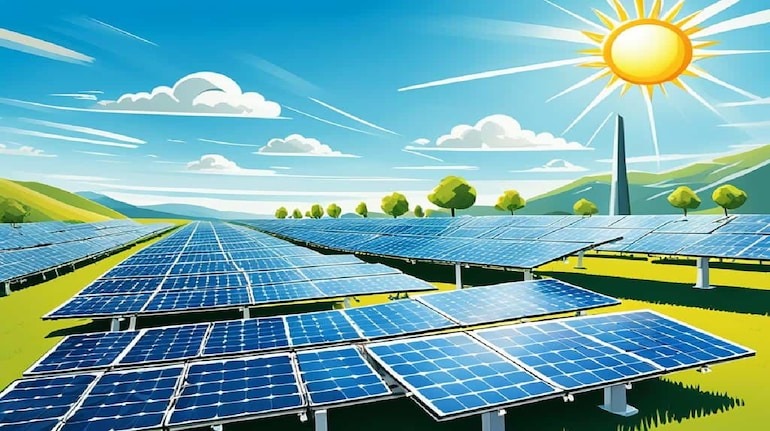
Union Minister Pralhad Joshi on Monday said solar energy has overtaken coal and gas to become the most affordable source of electricity in many sectors. To promote solar energy, Modi government has approved 50 solar parks with a total capacity of about 37.5 GW. It has identified potential offshore wind energy sites to reach its target of 30 GW by 2030. The minister said India's 2024-25 Union Budget reflects this commitment, including a 110 per cent increase in funding for solar power projects and targeted support for initiatives like the PM-Surya Ghar Free Power Scheme.
Big investment in solar energy in the world
New and Renewable Energy Minister Joshi said at the inaugural session of the 7th General Assembly of the International Solar Alliance (ISA) that global solar investment will increase from $ 393 billion in 2023 to $ 500 billion this year. He said it is a more affordable energy source than coal and gas in many areas. These investments are not only adding new capacity, but also reducing the cost of solar energy around the world. Joshi is also the president of ISA. “This rapid growth is driven by record-breaking investment,” he said. “Global solar investment is expected to grow from US$144 billion in 2018 to US$393 billion in 2023 and reach US$500 billion by the end of 2024.”
Target to raise investment of 1,000 billion dollars
The minister said ISA is moving forward with the 'Towards 1000' strategy which aims to mobilize investment of $1,000 billion in solar energy solutions by 2030. He said that under the government led by Prime Minister Narendra Modi, India has set ambitious renewable energy targets and made significant achievements. He said India achieved 90 GW of installed solar capacity last month and is fast moving towards its ambitious target of 500 GW of renewable energy capacity by 2030. Joshi said India is also setting its sights on new horizons, aiming to produce 5 million tonnes of green hydrogen by 2030, supported by 125 GW of renewable energy capacity.
 look news india
look news india